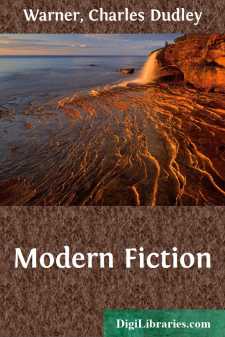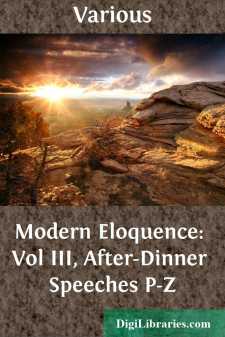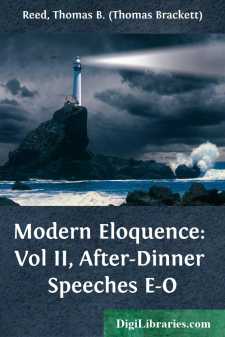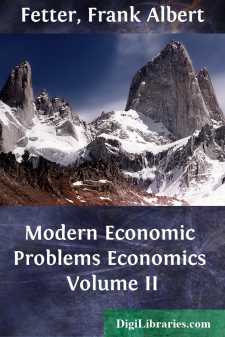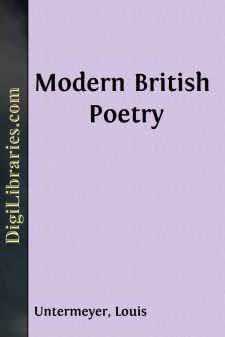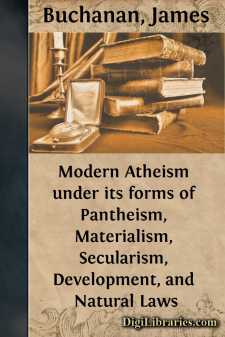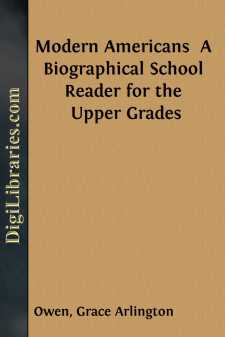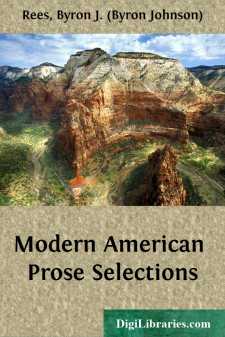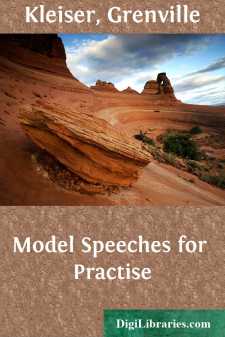Categories
- Antiques & Collectibles 13
- Architecture 36
- Art 48
- Bibles 22
- Biography & Autobiography 813
- Body, Mind & Spirit 142
- Business & Economics 28
- Children's Books 13
- Children's Fiction 10
- Computers 4
- Cooking 94
- Crafts & Hobbies 4
- Drama 346
- Education 46
- Family & Relationships 57
- Fiction 11828
- Games 19
- Gardening 17
- Health & Fitness 34
- History 1377
- House & Home 1
- Humor 147
- Juvenile Fiction 1873
- Juvenile Nonfiction 202
- Language Arts & Disciplines 88
- Law 16
- Literary Collections 686
- Literary Criticism 179
- Mathematics 13
- Medical 41
- Music 40
- Nature 179
- Non-Classifiable 1768
- Performing Arts 7
- Periodicals 1453
- Philosophy 64
- Photography 2
- Poetry 896
- Political Science 203
- Psychology 42
- Reference 154
- Religion 513
- Science 126
- Self-Help 84
- Social Science 81
- Sports & Recreation 34
- Study Aids 3
- Technology & Engineering 59
- Transportation 23
- Travel 463
- True Crime 29
Sort by:
One of the worst characteristics of modern fiction is its so-called truth to nature. For fiction is an art, as painting is, as sculpture is, as acting is. A photograph of a natural object is not art; nor is the plaster cast of a man's face, nor is the bare setting on the stage of an actual occurrence. Art requires an idealization of nature. The amateur, though she may be a lady, who attempts to...
more...
Introduction My aim in this little book has been to give short sketches and estimates of the greatest modern English writers from Macaulay to Stevenson and Kipling. Omissions there are, but my effort has been to give the most characteristic writers a place and to try to stimulate the reader's interest in the man behind the book as well as in the best works of each author. Too much space is devoted...
more...
by:
Various
THOMAS NELSON PAGE THE TORCH OF CIVILIZATION [Speech of Thomas Nelson Page at the twentieth annual dinner of the New England Society in the City of Brooklyn, December 21, 1899. The President, Frederic A. Ward, said: "In these days of blessed amity, when there is no longer a united South or a disunited North, when the boundary of the North is the St. Lawrence and the boundary of the South the Rio...
more...
GEORGE CARY EGGLESTON SOUTHERN LITERATURE [Speech of George Cary Eggleston at the first annual banquet of the New York Southern Society, February 22, 1887. Algernon Sidney Sullivan, President of the Society, was in the chair. In introducing the speaker Mr. Sullivan said: "We want to hear a word about 'Southern Literature,' and we will now call upon Mr. George Cary Eggleston to respond to...
more...
CHAPTER I MATERIAL RESOURCES OF THE NATION § 1. Politico-economic problems. § 2. American economic problems in the past. § 3. Present-day problems: main subjects. § 4. Attempts to summarize the nation's wealth. § 5. Average wealth and the problem of distribution. § 6. Changes in the price-standard. § 7. A sum of capital, not of wealth. § 8. Sources of food supply. § 9. The sources of...
more...
by:
Louis Untermeyer
INTRODUCTORY The New Influences and Tendencies Mere statistics are untrustworthy; dates are even less dependable. But, to avoid hairsplitting, what we call "modern" English literature may be said to date from about 1885. A few writers who are decidedly "of the period" are, as a matter of strict chronology, somewhat earlier. But the chief tendencies may be divided into seven periods....
more...
by:
James Buchanan
INTRODUCTION. A Treatise on the Being and Perfections of God, as the Creator and Governor of the world, can scarcely be adapted to the exigencies of modern society, unless it be framed with express reference to the existing forms of unbelief, and the prevailing tendencies both of philosophical thought and of popular opinion. It is quite possible, indeed, to construct a scheme of evidence on this...
more...
INTRODUCTION “Tell us about real folks.” This is the request that comes to us again and again from children in the upper grades. In response to this appeal, the authors, in preparing “Modern Americans,” have attempted to give the pupils the worth-while things they like to read rather than the things adults think they ought to like. Those who have taught reading very long agree that the old-time...
more...
PREFACE As the reader, if he wishes, may discover without undue delay, the little volume of modern prose selections that he has before him is the result of no ambitious or pretentious design. It is not a collection of the best things that have lately been known and thought in the American world; it is not an anthology in which "all our best authors" are represented by striking or celebrated...
more...
INTRODUCTION AIMS AND PURPOSES OF SPEAKING It is obvious that the style of your public speaking will depend upon the specific purpose you have in view. If you have important truths which you wish to make known, or a great and definite cause to serve, you are likely to speak about it with earnestness and probably with eloquence. If, however, your purpose in speaking is a selfish one—if your object is...
more...


